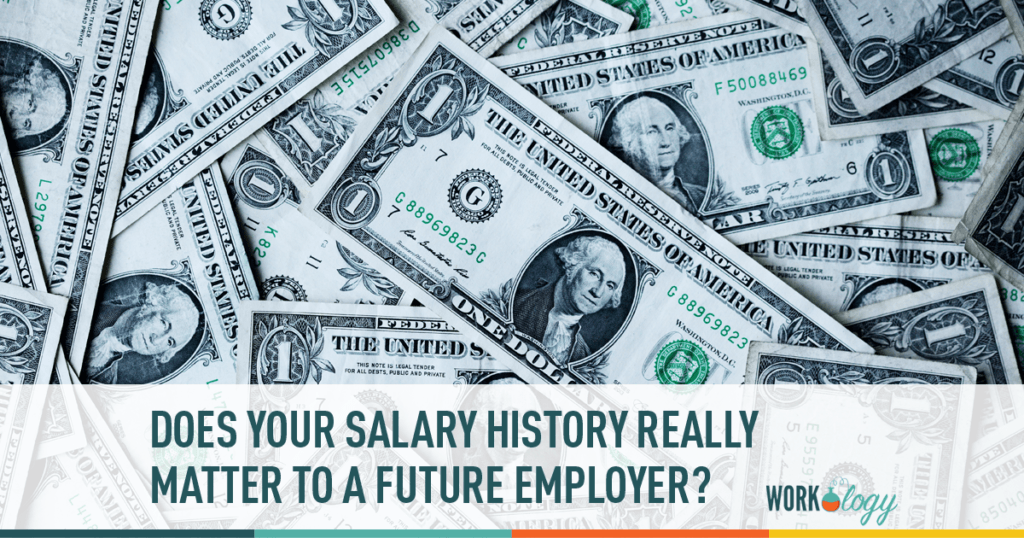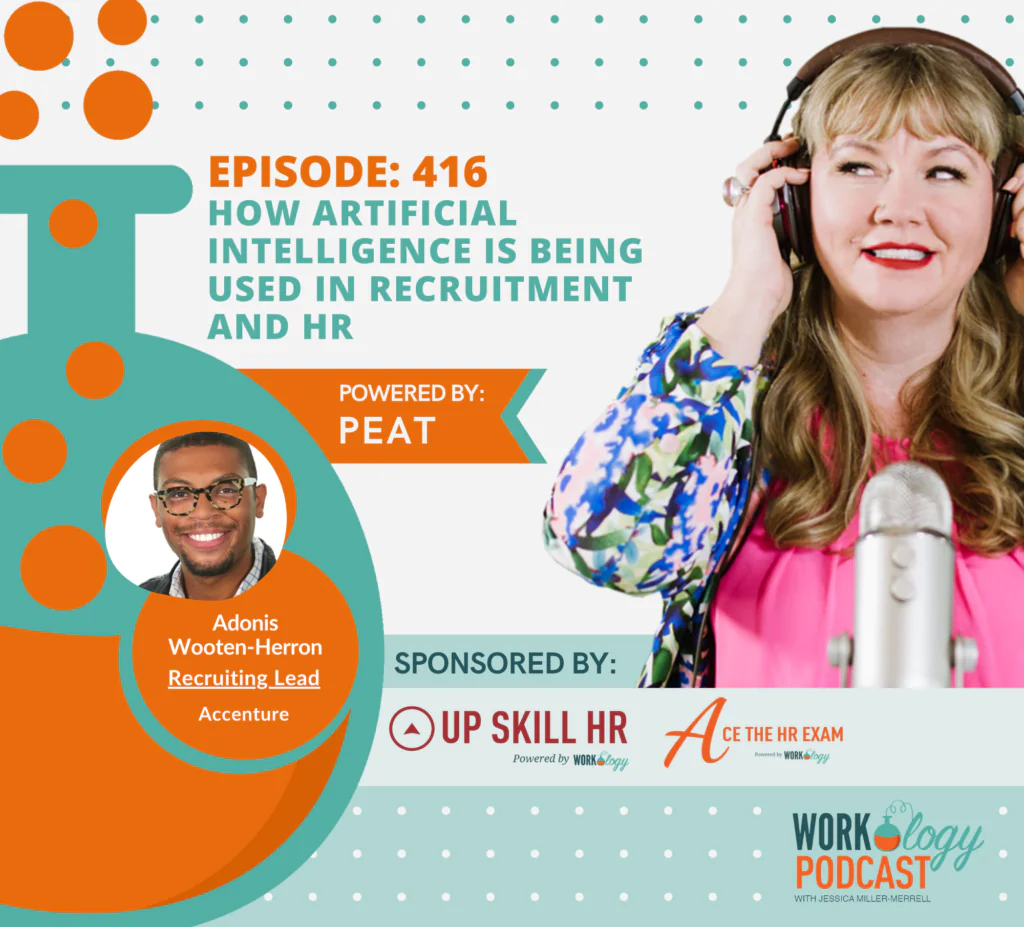Your salary history tells an important story of how far you’ve come along a career path, so it’s fitting that a prospective employer might be interested in learning more about your past earnings. Yet it’s unfair to take a salary history at face value, because there are so often back-stories that need explaining.
Does Your Salary History Really Matter to a Future Employer?
Career experts say you should be prepared to discuss your salary history with a prospective employer, along with any back-stories. For example, if you changed careers and took a pay cut in the process, you’ll want to share that. Still you don’t want to put yourself at a disadvantage, so it’s important to tailor your approach to the circumstances.
Salary History: Irrelevant, Perhaps, But a Likely Topic During the Interview Process
Talking about your salary history probably won’t be the highlight of interviewing for a new job, but you do need to be prepared to tackle it. Here are a few tips to help get you off to a graceful start.
Your salary history may be irrelevant, but don’t be surprised if the topic arises.
Employers could ask about salary history, but it’s often irrelevant because it doesn’t relate to the job for which you’re applying, the market value for the open position, or what the market will bear, says Barbara Safani, president of New York-based Career Solvers, a career-management firm. But if a prior salary was below market value, you should be prepared to explain—maybe your company was struggling and froze salary increases, or you made a career change and took a pay cut. “Whatever the reason, the job seeker needs to be able to explain past salaries but also articulate what they are looking to be paid in the future based on their current market value,” Safani says.
Joyce Maynard, vice president of HR Xpress, a human-resources firm in Rhode Island, agrees. “What a candidate made before may or may not be relevant to the company or job they are applying for now. An interviewer will ask questions around salary history so the candidate has to be prepared to say, ‘I expect that if there was a salary offer it would be based on the requirements of this job.'”
Be flexible, and don’t forget important back-stories when it comes detailing your salary history.
It’s common for employers to request salary history during the application process, says Laura DeCarlo, president of Career Directors International, a professional association in Melbourne, Fla. DeCarlo recommends adding a line to the end of a cover letter, such as, “During the last several years my compensation has grown into the mid-$80K range. However, I am currently negotiable.”
She points out another potential back-story behind a salary history: changing locations. If you moved from Boston to Florida, for instance, and your pay was nearly cut in half, you need to explain that. It’s also important not to include starting and ending salaries for your past jobs, she notes, because that could limit you.
Focus on your competitive advantages when salary history is discussed.
Salary history comes up, says Dr. Rachelle J. Canter, author of “Make the Right Career Move: 28 Critical Insights and Strategies to Land Your Dream Job,” but it’s best to focus on your competitive advantages (experience and skills that make you valuable) for the job, so “prepare a couple of relevant anecdotes that showcase these competitive advantages, and dazzle the interviewer. Make them want you to increase your leverage in salary and job responsibility negotiations.”
Written by: Kristina Cowan








